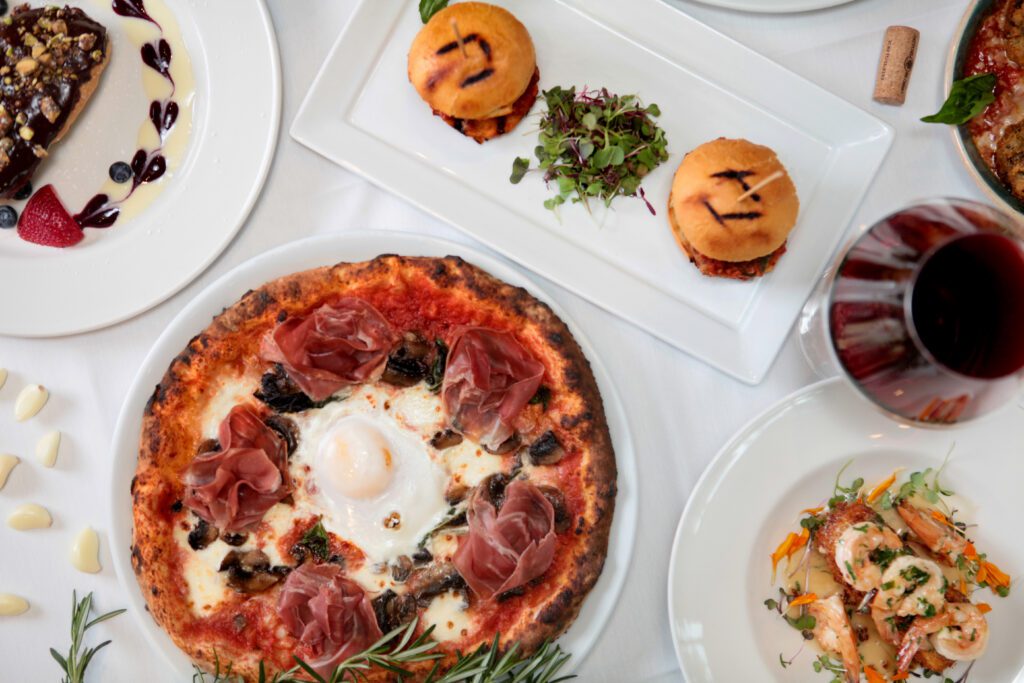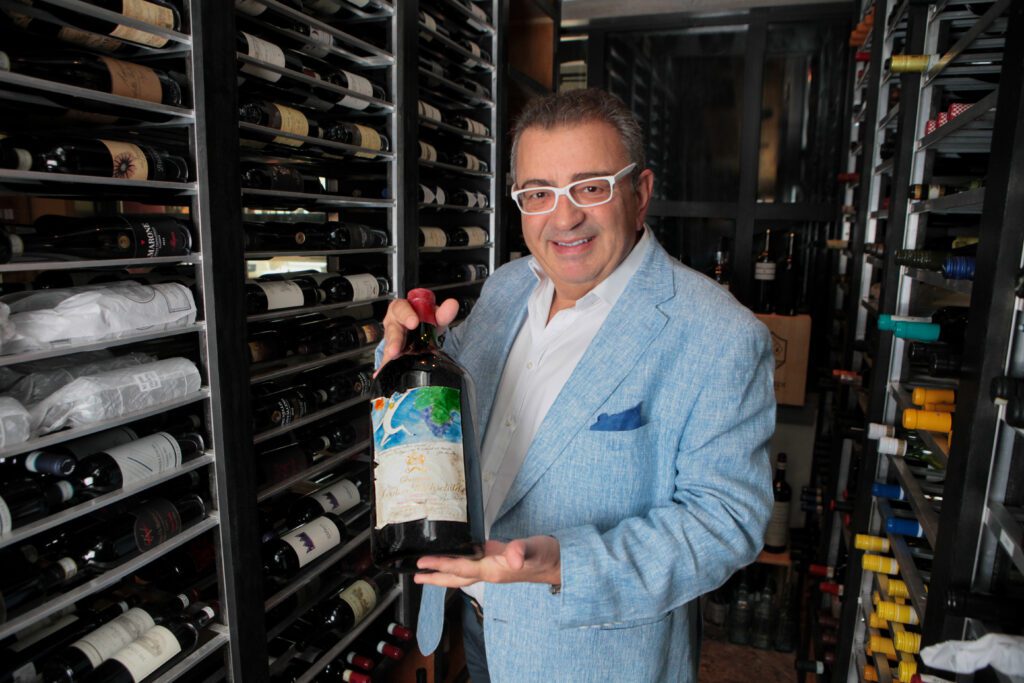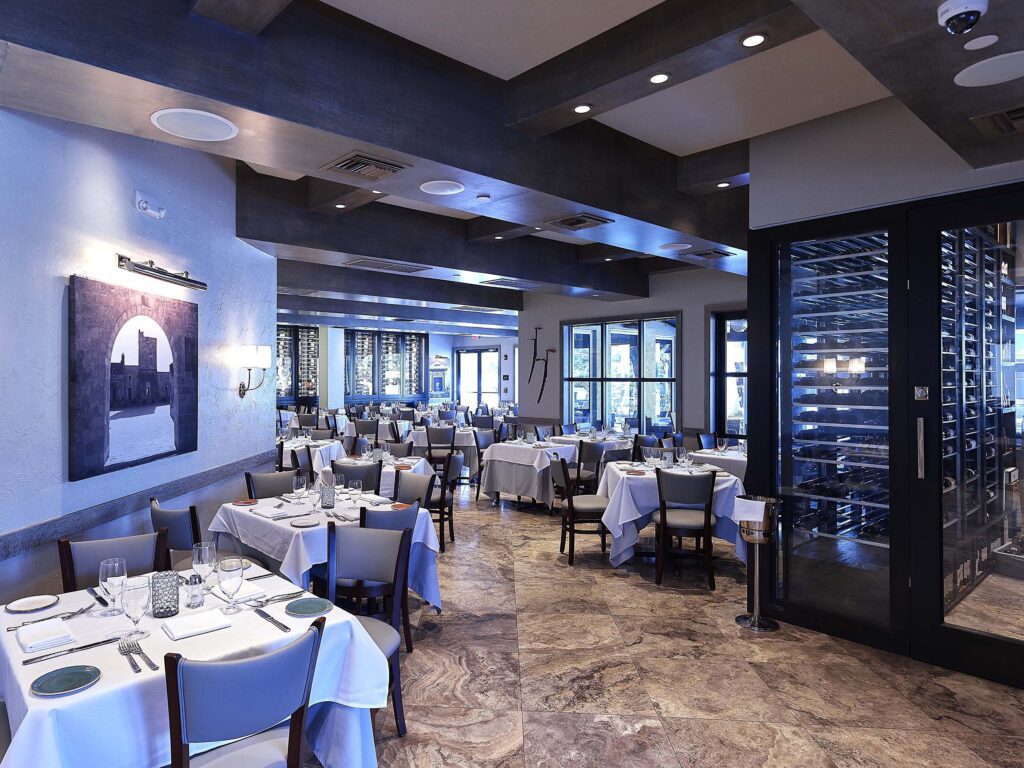Once upon a time, COVID-19 paused our social lives, but it didn’t freeze the cost of living. Any business owner in hospitality can’t escape the survivor’s guilt, the thoughts in the back of their mind wondering if their lifeblood will ever be in danger of draining.
The hospitality industry involves so much more than serving food and drinks, and restaurant owners were the last of the dominos to fall. But what happened during the pandemic happens often in an industry where a sad amount of new restaurants will fail in their first year. No restaurant owner wants to let go of a staff that feels like family or cut costs with a menu they created like art. Not to mention make the significant investment required in renovations to ensure the venue respects the vision.
POP Style TV asked some of our friends in the hospitality industry to reflect on their experiences and what they feel would need to take place if another crisis like this ever happened again.
“We were literally the first thing cut,” says Scott Buccheit, co-owner of Artwing PR. “We were left being owed thousands of dollars from multiple clients. I don’t see a bounce back anytime soon, short of a cure or a vaccine. The finding that the virus is hard to transfer from surface to human was good news for restaurants and the entire industry.”
His clients include respected restauranteurs and chains throughout Manhattan, who like the rest of the country had to handle the fallout the of the hospitality industry and recover one day at a time.

A restaurant’s owner worst fear is struggling to stay afloat with one location, nonetheless multiple. But it’s hard not to pursue more when the upside for many places in the city was making millions. “My clients have multiple locations,” notes Buccheit, “so [during Covid] they focused on the ones that were doing best in takeout and delivery already before they closed down the others. Boka Chicken was doing amazing take out. The virus and its fallout hit, and Boka’s location in Chinatown became a major deficit.”
State health officials and most governors acknowledge that the road back to normal – or something even vaguely resembling it – will always be a long one. But outdoor seating and venues with rooftops can expect to bounce back with more ease because of how they can pivot. In many states, outdoor dining restrictions were never reinstated once the pandemic was over.

Most marketing emails immediately wanted to explain to people what unprecedented times they were living in with coupon codes. But for restaurants, making diners feel safe has always been the upmost priority. Eating for many is akin to meditation. La Masseria owner Peppe Iuele, says the feeling of safety has always been non-negotible in fine dining. “Safety is our top priority at La Masseria,” he says. “Our staff members wore masks, gloves, sanitized, and continue to follow all CDC regulations. But it’s challenging to predict what the future will bring in this industry; however, we will be dedicated to adapt and change accordingly – whatever may be next.”
The white-tablecloth Italian eatery—whose name means “medieval manor farm” in Italian—is as rustic inside as the name suggests, despite their New York location centered in bustling midtown. Upon entering, guests immediately greeted with wooden ceiling beams, stone archways, antique farming tools, and staff who treat guests’ happiness like their own.
Customer loyalty is always a good way to ensure you stay in business. Even without the dine-in experience, during Covid, regulars ordered from their favorite spots, some to show support, others because they missed quality food. “Amid the COVID-19 outbreak, La Masseria experienced value and emotional connection with most of our regular customers,” says Iuele. “We created a friendly takeout menu, and the loyalty of our customers has meant the world to us. They have been patient, understanding, and thoughtful during this entire process. We are still creating as much experience as we can with daily specials and offers, and we look forward to continuing to serve them in the years to come.” He has additional locations in Palm Beach Garden and Rhode Island.
Minneapolis-based luxury remodeler and hospitality consultant, Leena Heiman knows that sustainability is the most crucial factor in the hospitality industry. Heiman, who also owns one of the best boutique design firms in the Twin Cities, MCC Kitchen, Bath & Closet Remodeling, in addition to restaurant remodeling and consulting company, Contier, believes that the scale of this pandemic has highlighted how interconnected regions, economies, commerce, and businesses are. She believes what we saw was a domino effect that left no player untouched.

Heiman emphasizes that as the focus shifts to further enhancing hygiene, the COVID-19 pandemic was an opportunity to build not only healthier communities but also more substantial companies. As a hospitality consultant, she encourages her clients to make listening to consumers and city guidelines the foundation to their success.
“The hospitality industry, and any other business in the tourism industry, struggled with cancellations,” Heiman says. “As the Coronavirus related social distancing and travel restrictions increased, day by day, occupancy rates fell down 90%. The low demand increased the need for restaurants and any other businesses in the hospitality business to re-invent themselves, creating disease prevention and sanitation operating practices that address all the challenges faced by the global pandemic. Those who did this regained and even increased customer retention rates.”
Heiman says she told her clients to join the Marriott-backed Global Cleanliness Council. “Fostering open communication between trusted organizations and the restaurant owners has been essential to improve patron confidence without sacrificing sustainability or profit,” she says.”We had to continue to find new solutions that provided increased hygiene, more sustainably, and affordably across the board. This cross-sector collaboration increased the pace that got us back to where we all wanted to be – working safely,” says Heiman.
As the future is here tomorrow, the hospitality industry will always be first in line to solve the issues of a pandemic, whether in old or modern history. “What businesses need to do now is never take for granted their customers dining at their spaces,” Heiman says.
